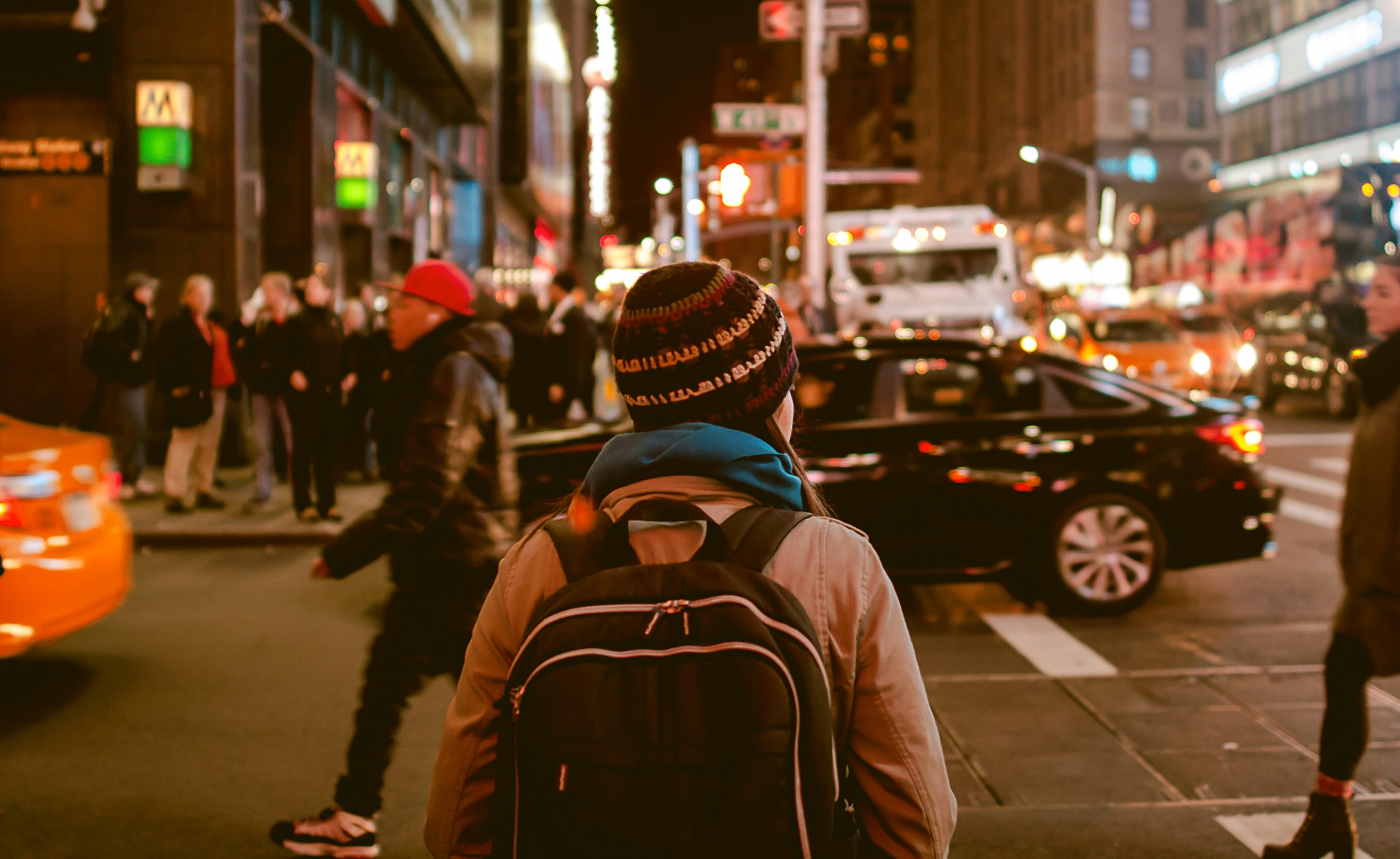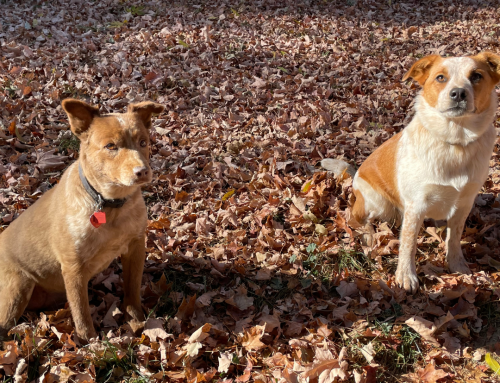Are there things that perplex you about people?
What I describe below are not life and death matters but presented with a smile.
Lazy left turners (right turners in Britain). At busy intersections traffic lights with turn arrows make it possible to safely proceed. The signal’s duration is limited, and it can be several minutes before the cycle repeats. Thus, it is important that every driver in queue pays attention and advances when it’s their turn. Unfortunately, distracted drivers often delay their start creating gaps of many car lengths between turners. This limits the number of vehicles that can take advantage of the temporary right of way. All one can do when positioned toward the rear of the line is wait. I sometimes talk to these slow reacting men or women from the comfort of my own cockpit, but my words don’t seem to influence their behavior.
Drivers that speed up and slow down. I generally use cruise control when on the highway, but it seems many do not. Perhaps they don’t have the option, or they override it, but their foot to brain connection doesn’t seem to be tightly aligned. I’m sure we’ve all experienced following a vehicle traveling under what I would call a reasonable speed for the road and circumstance. Given this, I decide to pass and as I pull to the side the slower car he or she speeds up. This puts me in the position of greatly speeding up to complete the pass or falling back to the rear. I’ve employed both techniques, neither of which is satisfactory. Most puzzling is if I’ve chosen to return to the behind position the now faster driver slows back down. This isn’t an isolated occurrence; it has repeated itself many many times. I can only conclude there is something within the human psyche that rebels against being overtaken—some evolutionary competitive response—as in the slower prey will be eaten.
My final example is people who seem oblivious to their surroundings. Before explaining, I will admit that I have been guilty of this behavior, but on rare occasions. I’ll paint the picture, we have a narrow grocery store aisle, with barely enough room for two carts to pass, and a fellow patron has positioned themselves and cart squarely in the middle of the aisle. Initially, I pull to a stop and wait to see if fellow shopper will see me in their peripheral vision and step to the side. This works but not consistently. I’ve sometimes waited for what seems an extended length of time with no recognition. Of course, the next step is to ask nicely for room to pass. I imagine their vision works differently than mine or they are so immersed in their thoughts they are unaware, or they feel their needs outweigh those of others. When I’ve been guilty of this it has been the middle scenario—so immersed in studying an assortment of shelf goods that I fail to sense someone’s approach.
If one is willing to look in the mirror it is easy to remember times when we have all inconvenienced a neighbor or friend. I try to gently persuade when I need path around impediment and be patient with driver who doesn’t perform per my preference—what if they were my mom or dad?
As is generally the case, I try to exit my essays on a positive note. I like to think about life from a stance of, “we’re all in this together.” We sometimes disagree or argue but, in the end, we are brothers and sisters and need to look out for each other.






Leave A Comment